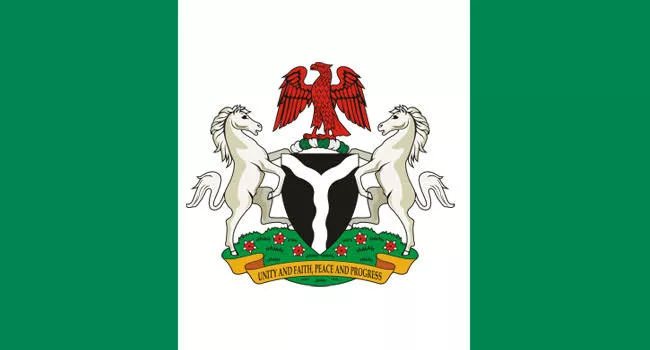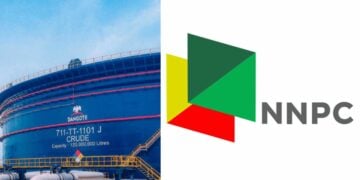Nigeria’s fiscal condition remains under strain as the Federal Government spent a staggering 69 per cent of its total 2024 revenues on debt servicing.
This was revealed in the latest Budget Implementation Report (BIR) released by the Budget Office of the Federation (BOF).
The report showed that out of the N19.354 trillion earned in 2024, N11.887 trillion went into debt payments alone, leaving limited resources for infrastructure and development spendings.
Although an improvement from 2023, when debt service swallowed 78 per cent of revenue, analysts warned that the figure was still dangerously above international standards.
“The World Bank and IMF recommend that debt service should not exceed 30–40 per cent of government revenue for developing economies. Nigeria’s 69 per cent means nearly N7 out of every N10 earned is used to service debt, leaving very little fiscal space for development spending,” said Prof. Godwin Oyedokun, Accounting and Financial Development expert at Lead City University, Ibadan.
The Federal Government had projected an aggregate expenditure of N27.5 trillion against expected revenue of N18.32 trillion, implying a fiscal deficit of N9.18 trillion.
However, actual revenue exceeded expectations, hitting N19.354 trillion, about N1.03 trillion above target. Expenditure also overshot projections, climbing to N28.726 trillion, which is N1.23 trillion higher than budgeted.
In 2024, oil revenue rose sharply to N6.180 trillion, compared to N2.430 trillion recorded in 2023. Non-oil revenue also increased significantly, climbing to N4.557 trillion from N3.312 trillion the previous year. Meanwhile, independent revenue from the Federal Government, alongside donor grants, education tax, and revenue retained by government-owned enterprises, amounted to N8.317 trillion, up from N6.743 trillion in 2023.
This pushed overall revenue growth to 149 per cent year-on-year, a development officials described as a sign of improved collection and stronger oil receipts.
The Federal Government spent a total of N28.726 trillion running the economy in 2024, up from N23.036 trillion in 2023. Of this amount, N11.887 trillion was devoted to debt servicing, while N7.312 trillion went into non-debt recurrent expenditure. Capital expenditure stood at N7.789 trillion, representing 22 per cent of total spending, an increase from 18 per cent in 2023. Transfers accounted for N1.738 trillion of total expenditure.
Although recurrent spending dropped slightly from 73 per cent in 2023 to 72 per cent in 2024, experts say Nigeria’s spending structure is still heavily tilted towards salaries, overheads, and debt obligations, leaving less room for investments that drive long-term growth.
Prof. Oyedokun acknowledged the slight improvement in debt servicing but stressed that Nigeria’s fiscal path was still unsustainable.
He also noted that while capital expenditure rose to 22 per cent of total spending, it remains far below the 30–40 per cent benchmark required to close Nigeria’s huge infrastructure gap in critical sectors such as roads, power, education, and health.
“Low investment in capital projects constrains productivity, job creation, and competitiveness,” he said, urging reforms that would prioritise infrastructure spending over bloated recurrent costs.





